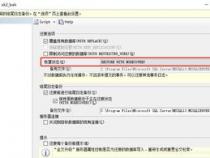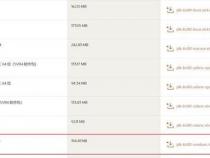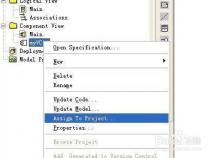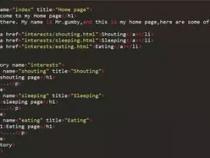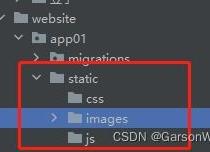服务器如何部署php
发布时间:2025-05-24 17:55:36 发布人:远客网络
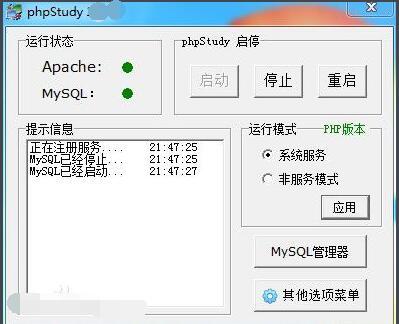
一、服务器如何部署php
1、首先是下载PHP安装文件和MYSQL安装文件,请注意MYSQL有很多个版本,有社区版、标准版、企业版、集群版,其中只有社区版是免费的。
2、在服务器上配置好IIS,推荐IIS7以上版本,控制面板-打开或关闭windows功能-万维网服务-应用程序开发功能里选上对应就可安装。
3、配置php环境:把php压缩包解压到C:\php目录下面,然后找到php.ini-dist,更名为php.ini,
把以下扩展前面的分号去掉以启用
默认为0,如果使用IIS,需要开启
默认开启,如果使用IIS,可以将其关闭
其次指定extension_dir目录和date.timezone,即
4、然后把extension=php_mysql.dll前面的分号去掉,保存并把php.ini复制到系统Windows目录下面。
5、然后依次打开我的电脑(右键)->管理->服务和应用程序->Internet信息服务(IIS)管理器,打开ISAPI和CGI限制,然后添加php的ISAPI的执行文件php5isapi.dll.
6、配置Mysql:把下载的mysql文件直接安装即可,然后复制php目录下面的libmysql.dll到系统Windows下面的System32目录里。
如果是php5.3及以上版本,根本没有php5isapi.dll,也不需要把php.ini移动到windows安装目录,建议采用安装版,直接安装即可。
二、php程序怎么部署运行
1、PHP,是英文超级文本预处理语言Hypertext Preprocessor的缩写。PHP是一种 HTML内嵌式的语言,是一种在服务器端执行的嵌入HTML文档的脚本语言。
2、所以我们想要运行PHP程序的前提就是要安装web服务器,最佳选择是Apache(IIS也能够解析PHP)。除了web服务器之外,还要安装数据库服务和最重要的php!整个配置流程很麻烦,可以用一些集成环境如phpstudy、wamp、phpnow等。但是对于初学者,我推荐自己配置环境!有助于对B/S的理解,对深入的学习php有很大的好处!具体的教程网上有很多。
3、希望我的回答对您有所帮助……呵呵
三、Thinkphp5项目在nginx服务器部署
1,切换到nginx的配置目录,找到nginx.conf文件
cd /usr/local/nginx/conf
vim nginx.conf
2,如果是单项目部署的话,只需要在nginx.conf文件里面加上以下
listen 80;
#域名,本地测试可以使用127.0.0.1或localhost
server_name www.zhangc.cn;
# php项目根目录
root/home/data-www/blog;
location/{
#定义首页索引文件的名称
index index.php index.html index.htm;
#影藏入口文件
if(-f$request_filename/index.html){
rewrite(.*)$1/index.html break;
}
if(-f$request_filename/index.php){
rewrite(.*)$1/index.php;
}
if(!-f$request_filename){
rewrite(.*)/index.php;
}
try_files$uri$uri//index.php?$query_string;
}
# PHP脚本请求全部转发到 FastCGI处理.使用FastCGI协议默认配置.
# Fastcgi服务器和程序(PHP)沟通的协议
.location~.*\.php${
#设置监听端口
fastcgi_pass 127.0.0.1:9000;
#设置nginx的默认首页文件
fastcgi_index index.php;
#设置脚本文件请求的路径
fastcgi_param SCRIPT_FILENAME$document_root$fastcgi_script_name;
#引入fastcgi的配置文件
include fastcgi_params;
fastcgi_split_path_info ^(.+?\.php)(/.*)$;
set$path_info$fastcgi_path_info;
fastcgi_param PATH_INFO$path_info;
try_files$fastcgi_script_name=404;
}
3,如果多项目部署,就需要配置vhost
第一步:编辑nginx.conf文件,在最后加上 include vhost/*.conf;
第二步:进入vhost文件夹,创建 域名.conf 文件,如创建一个:quanma.meyat.com.conf
第三步:编辑quanma.meyat.com.conf文件,内容如下:
server
{
listen 80;
server_name quanma.meyat.com;
index index.html index.htm index.php default.html default.htm default.php;
root/data/wwwroot/default/quanma/public/;
#error_page 404/404.html;
location/{
index index.html index.php;
if(-f$request_filename/index.html){
rewrite(.*)$1/index.html break;
}
if(-f$request_filename/index.php){
rewrite(.*)$1/index.php;
}
if(!-f$request_filename){
rewrite(.*)/index.php;
}
try_files$uri$uri//index.php?$query_string;
}
location~ [^/]\.php(/|$)
{
# comment try_files$uri=404; to enable pathinfo
#try_files$uri=404;
fastcgi_pass 127.0.0.1:9000;
fastcgi_index index.php;
include fastcgi_params;
fastcgi_param SCRIPT_FILENAME$document_root$fastcgi_script_name;
fastcgi_split_path_info ^(.+?\.php)(/.*)$;
set$path_info$fastcgi_path_info;
fastcgi_param PATH_INFO$path_info;
try_files$fastcgi_script_name=404;
#include fastcgi.conf;
#include pathinfo.conf;
}
location~.*\.(gif|jpg|jpeg|png|bmp|swf)$
{
expires 30d;
}
location~.*\.(js|css)?$
{
expires 12h;
}
# Disallow access to.ht,.svn,.bzr,.git,.hg,.cvs directories
location~/\.(ht|svn|bzr|git|hg|cvs){
deny all;
}
#access_log/date/nginx/bmp.com.conf/access.log main;



